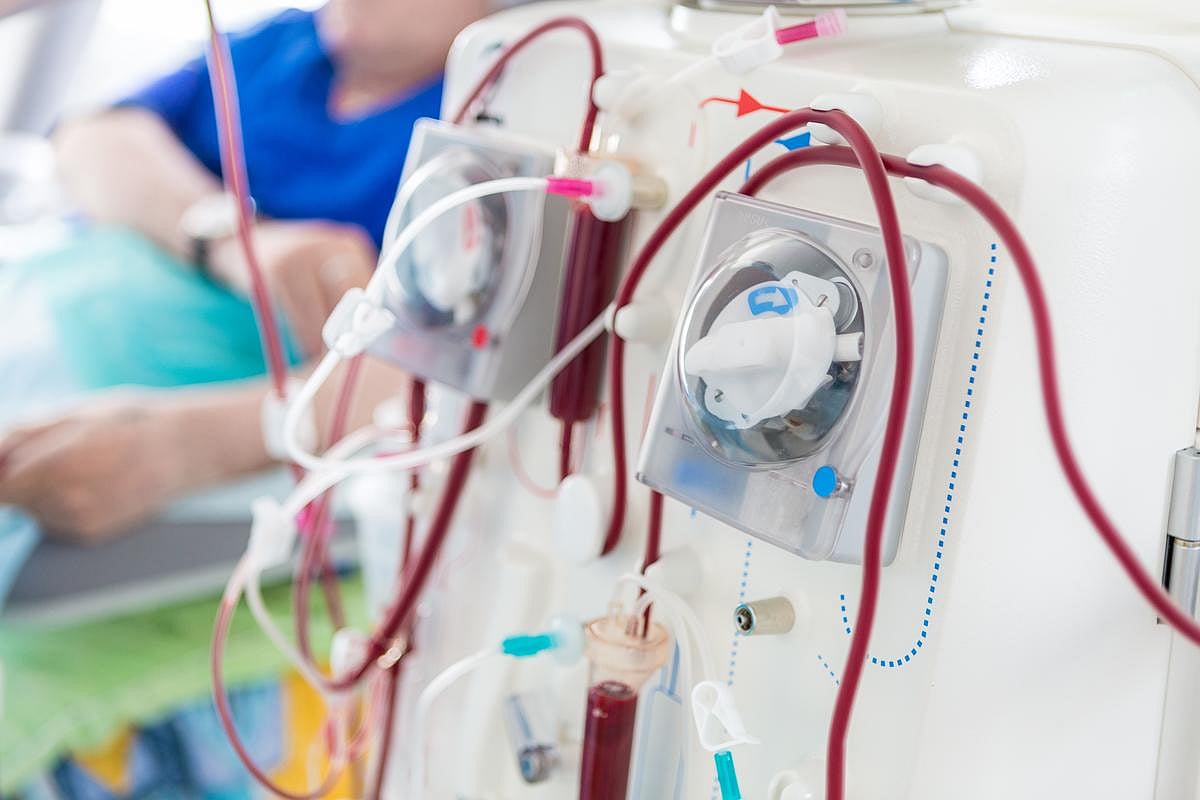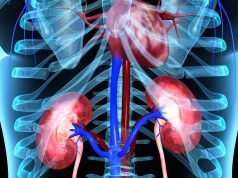Lack of nephrology care accounts for proportion of incident vascular access, maturing vascular access underuse among Hispanic individuals
By Elana Gotkine HealthDay Reporter
FRIDAY, Sept. 5, 2025 (HealthDay News) — System-based disparities in predialysis access to nephrology care contribute to disparities in the likelihood of having a mature, usable arteriovenous access for starting hemodialysis (incident vascular access) among Hispanic individuals, according to a study published online Sept. 5 in JAMA Network Open.
Sheena Pramod, M.D., from the University of Florida in Gainesville, and colleagues conducted a retrospective analysis of the 2021 U.S. Renal Database System to quantify the attributable association between lack of access to predialysis nephrology care and incident vascular access outcomes among Hispanic patients.
Overall, 427,340 eligible patients underwent incident hemodialysis: 21.7, 10.8, 63.1, and 4.35 percent were Black, Hispanic, White, and other races and ethnicities, respectively. The researchers found that arteriovenous fistula (AVF), arteriovenous graft (AVG), and a central venous catheter (CVC) were used in 14.5, 3.1, and 82.2 percent of patients, respectively. The adjusted odds ratios were 0.70 and 0.77 for receiving predialysis nephrology care and for receiving incident vascular access, respectively, for Hispanic compared with White patients. A lack of nephrology care accounted for 32.59 and 62.00 percent of incident vascular access and maturing vascular access underuse, respectively. Enhancing the predialysis care disparities strengthened incident vascular access disparity and the attributable association in sensitivity analyses. Hispanic individuals with CVC and a maturing AVF or AVG and those with CVC only had higher odds of conversion to a functional AVF or AVG within the first year of dialysis compared with Whites (adjusted odds ratios, 1.38 and 1.30, respectively); these outcomes were negatively mediated by predialysis care.
“These results underscore the need for more mechanistic, hypothesis-driven mediation studies to gain a deeper understanding of the prominent factors associated with kidney failure outcomes,” the authors write.
One author disclosed ties to Chemocentryx.
Copyright © 2025 HealthDay. All rights reserved.








